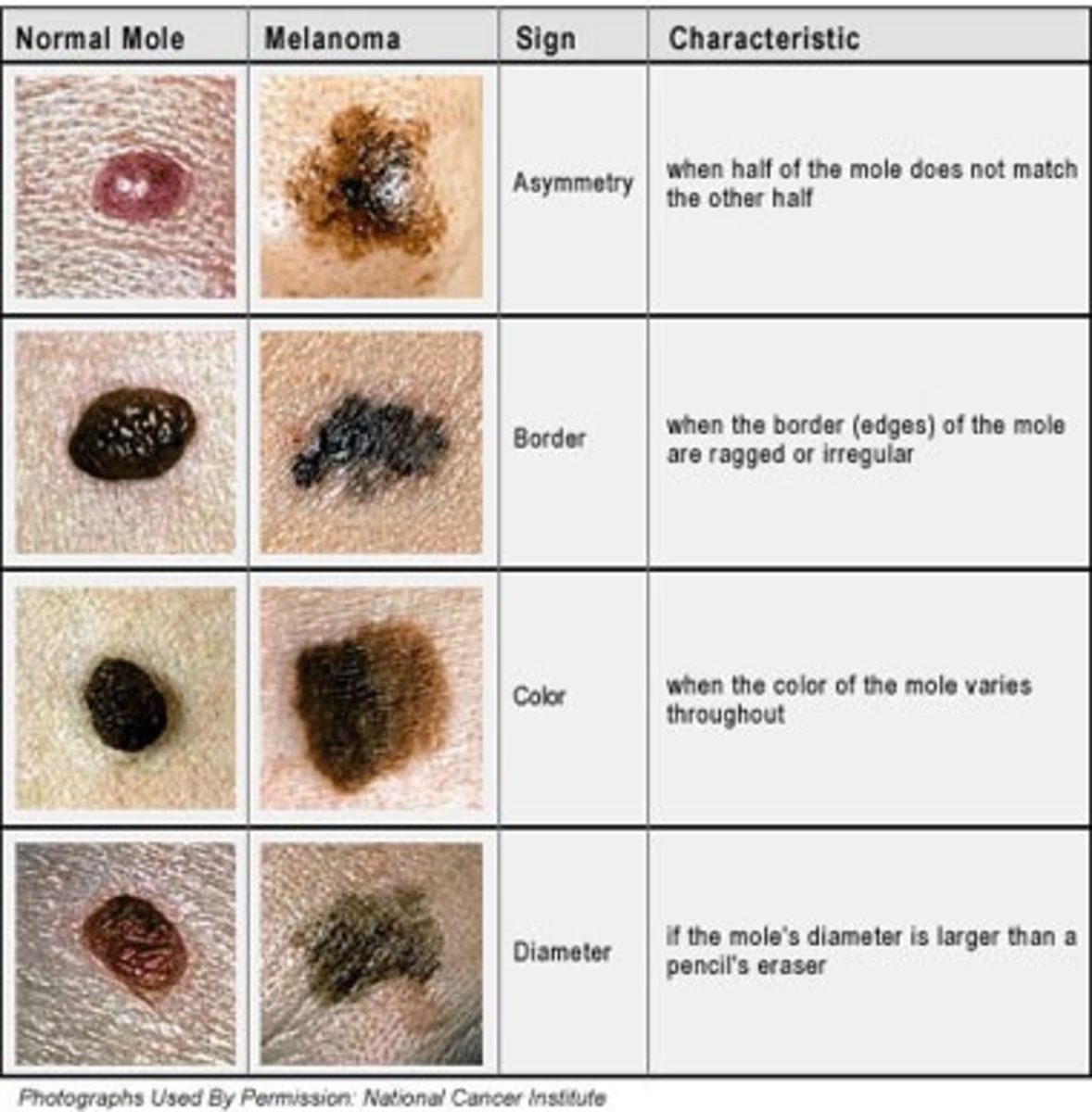Lymphosarcoma versus Lymphoma and other medical terminology disasters
Understanding a Disease Diagnosis
There is much confusion out there about disease diagnoses. Particularly when it comes to the proper suffix. First of all I would challenge all to check out the article on SNOPAD. That will give you the solid base, at least in parasitic disease. Since pathogens like bacteria and fungi and viruses are really parasites themselves, using our body to make their own proteins and lipids, there is no reason not to use the same rules as are used for parasites. In fact, this was the case in the earlier days of medicine. It was not until later that the rules began to be ignored. Here is the rule for naming a disease for the etiologic diagnosis.
The etiology's name is taken and if it is present it gets one of the following suffixes
- -iasis
- -asis
- -esis
- -isis
- -sis
If the patient is having clinical disease, or at necropsy/biopsy there is definitive pathologic change to the point that it suggests clinical disease, from the etiologic agent then one of the following suffixes is used.
- -iosis
- -osis
Thus a dog with non-clinical disease, but with heartworms has dirofilariasis. If there is clinical disease, then the term is dirofilariosis. Fat in the liver is hepatic lipidiasis, but when there is fatty liver disease the term is hepatic lipidosis.
There are other problems in medical terminology as well. For instance, cancer. Cancers are a big problem. Here are the rules.
According to most medical dictionaries,
the tumors of connective tissue origin are:
- -oma if benign
- -sarcoma if malignant
The tumors of epithelial tissue origin are:
- -oma if benign
- -carcinoma if malignant
The problem is that some terms are used incorrectly. Examples of these are lymphoma, myeloma, melanoma.
First, there is no such thing as a lymphoma. They simply have never been found to exist. The tradition was started in the human medical literature, while for a long time veterinary medical literature favored the correct term lymphosarcoma. Once it was found that the tumors in humans were not benign, they medical community started talking about malignant lymphomas. This translates as a "malignant, benign tumor of lymphocyte origin." Of course that is an oxymoron. It cannot be malignant and benign. So rather than use the correct term, human medicine chose to just be wrong and be happy with it. So, if you hear doctors talking about lymphoma, you know why they are wrong to do so, and feel free to correct them on it. Also tell them that as scientists, being wrong for the sake of tradition is not acceptable in science.
Myeloma (multiple myeloma) is another one. Originally thought be be myeloid cells from the bone marrow, this malignant tumor was later found to be of plasmacytic origin. So it is doubly wrong. It is not myeloid nor benign. It is plasmacytic sarcoma. Again, correct your addled doctors.
Lastly, there in not much to do with melanoma. Melanocytes and melanophores are of neural crest origin and thus are not sarcomas or carcinomas. So what do we call them? Currently melanoma is used for malignant and melanocytoma is used for benign. I cannot really offer any advice on this one. My personal suggestion is to call malignant neural type tissue neurosarcoma. So you would get melanoneurosarcoma and melanoma (benign). But no one listens to me.
Afterthoughts
As an answer to a comment, I have added the following section so my students could read my response without having to bother with the comments at the bottom of the page. Some of you have said that you have been unable to read the comments, so here is the comment and response.
________________________________________________________________________
Natalie Oisi 3 weeks ago
Lymphoma - as well as myeloma, histiocytoma, plasmacytoma, and mastocytoma - is standard nomenclature for round cell tumors (usually of hematopoietic origin). The fact that they do not follow the rules for solid tumors of epithelia or mesenchymal origin, does not mean that the terminology is incorrect.
_________________________________________________________________________
My comment in response
Almost true.
Plasmacytoma (which is correctly called, and has been called, plasmacytic sarcoma) and mastocytoma (correctly called, and has been called, mastocytic sarcoma or mast cell tumor) are all good examples of pathologically incorrect terminology.
Now as for mastocytoma, not many use that term. At least in veterinary medicine, most prefer the term mast cell tumor, which is correct enough. The problem with mast cell tumors is it is often difficult to tell if grade I tumors are benign or malignant. Even we pathologists cannot make that determination. Grade II probably needs a IIA and IIB designation. But this form of mast cell tumor is extremely variable and usually malignant. Grade III is just one of those where you try to find a way to tactfully tell the owner to buy small bags of dog food. However, I myself had never heard anyone use mastocytoma. Most people, in my experience, steer clear of the word retaining Mast Cell Tumor instead.
As for histiocytoma. BIG PROBLEM. First, it is assumed to be a neoplasm. ASSUMED. That is a big problem in and of itself. The assumption comes from the characteristics of the lesion. What you see is the “fried egg” cells on cytology and to some extent in histology. These cell appear to be Langerhans type cells of the macrophage lineage. These Langerhans cells are antigen presenting cells. Now the problem. Is the canine histiocytoma malignant? No. Therefore it is not a sarcoma. So the -oma should be ok if it is a neoplasm. There is a problem with the neoplasm classification. 1) even benign neoplasms usually do not spontaneously regress, as these entities do. 2) a shot of dex or pred for a stubborn neoplasm usually does not make them go away, but it often does with these little boogers. So does that sound like a neoplasm? Many still debate this. The jury is far from decided. Some interesting theories have been looked at. One that I personally find interesting is the postulate that histiocytoma may be a derangement of the immune system such as an unusual allergic reaction to some stimulus, such as an insect bite. Whatever it turns out to be, I believe that histiocytoma is destined to be set apart as something potentially unique.
What you fail to understand is that correct and incorrect are not based on usage in science. They are based on adherence to a standard with redefinition of the standard when it is disproved. In the case of medical terminology, the standard was set that malignant tumors would be called sarcomas or carcinomas (adenocarcinomas for glands) depending on their origin. Benign tumors would be called -omas. Thus, the terms are based on the original pathological foundations for naming these neoplasms. The terms I have called incorrect ARE INCORRECT because they fail to follow the standard that was adopted by the veterinary and human medical communities. Therefore they actually ARE INCORRECT.
Think of it like the loony tunes skunk calling the cat another skunk. He just looks ridiculous because everyone that knows it is a cat he is trying to woo. For those that know and understand medical terminology and understand the need in science for standarization those that use the incorrect terminology out of ignorance or a desire to conform look just plain dumb. It is one of the reasons human medicine had in most surveys fallen in people's esteem.
Study after study shows that the medical profession has lost respect. One of the reasons is the internet and people citing that confusing jargon and improper use of terminology by their doctors as one of the reasons they have lost respect for the medical profession.
I submit that one of the greatest reasons science and medicine have lost credibility is because people are becoming more educated. They have greater vocabularies. They know that medical and scientific standards are not being met and they know that terminology is filled with junk words, phrases and thing that are double speak. To be clear, science and medicine need to stop hanging onto outdated jargon and admixing it with new jargon and start having their standards met and be clear and concise.
Of course the jury is still out on some things like neurologic neoplasms, as I mentioned. But as I have always told my students, just because something is accepted does not make it correct. If that were the case the world would still be called flat and we would still be sacrificing young women to blood thirsty gods on the summer solstice.
Terminology is like any other mistake. The only way the earth stopped being the center of the universe is people that knew better started rattling the cages. I have often told my students to be equal opportunity offenders when it comes to offending people's sensibilities about their sacred cows.
The only thing that is worse than a scientist that reports bad data is a scientist that reports bad data because it is expected. Likewise the only thing worse than a scientist that uses the wrong terms is one that uses the wrong terms out of conformity.
On the Philosophy of Science
Just to throw another monkey wrench into the terminology issue, there is the Philosophy of Science (POS). I could write a whole hub on this, maybe five. I might construct one one day, but for now I will address at least one facet of the POS. The POS is a complex philosophy. It started out several hundred years ago with the branching out of the discipline of philosophy to examine the natural world. The result was a discipline called Nature Philosophy and it is the forerunner of all natural science today. It was founded on several philosophical principles. The one we are most concerned with here concerns the framework of knowledge.
The POS has a requirement on terminology. It requires that terminology in science be clear, concise and accurate within the framework of knowledge of the day. Note that conjunction. And is an inclusive conjunction. The POS requires that all three criteria are met for a scientifically valid term.
As I stated before, multiple myeloma and lymphoma were believed to be benign when they were described. The terms were clear, concise and accurate within the framework of knowledge of the day. There's a problem with the framework of knowledge, though. It shifts. The POS is clear that it is incumbent upon the scientist to commit to lifetime learning, since the framework of knowledge of the day changes. It is the responsibility of the scientist to change with the changing framework of knowledge. It is not the responsibility of knowledge to stagnate for the sake of maintaining a person's comfort zone.
Today, those terms fail the test of the POS requirements. They are not clear, as they mislead. They are concise. They are not accurate, though. Thus, under the philosophy of science, they are not scientific terms anymore.
It should also be noted that tradition is never, NEVER, a reason to propagate false or misleading information or terminology. The Philosophy of Science accepts this as an axiom -- a self evident truth.
Now, to address the argument of standards of communication, which I addressed earlier, we already have one. We violate it with traditional, unscientific terms. That is not science, it is dogmatism.








